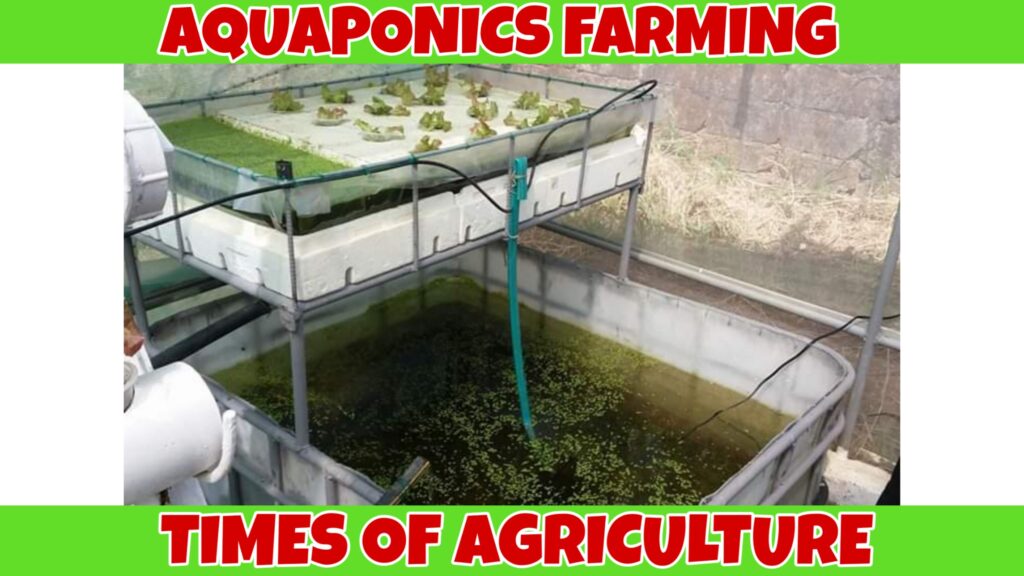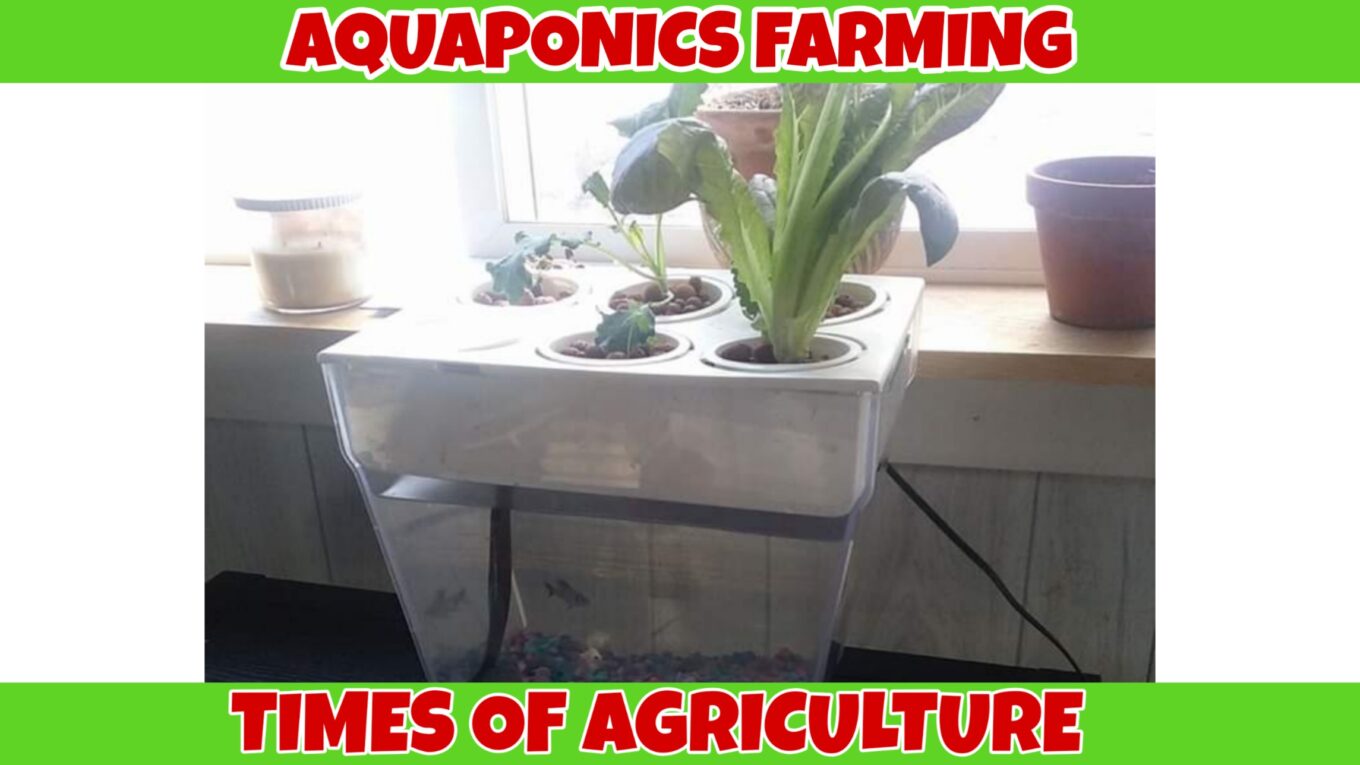What is the Scope of Aquaponics Farming in India
What is aquaponics
Aquaponics sums up two different words viz., Aquaculture and Hydroponics together. Aquaculture is farming of fish and Hydroponics is growing plants by using water solvent nutrients. Modern farming is the use of modern techniques and scientific technologies in farming to increase productivity, quality i.e mechanization, fertilizers, and high productive breeds.
How does Aquaponics work?
In Aquaponics, we usually grow fish in a tank by maintaining a particular water environment (pH & TDS). The wastes produced by the fish (Ammonia) are harmful to the fish growth so the water needs to be filtered. The Ammonia containing water supplied to bio-filter which comprises of Nitrosomonas bacteria and Nitrobacter bacteria. They convert ammonia (NH3) to nitrate which is helpful to the plants, now these water containing nitrates are supplied to plants by pump or gravity. After the organic nutrients are taken by plants those water are again supplied to the fish tank; very less amount of water is wasted in evaporation.
This type of modern technology is quite a handful of farmers who face an acute water crisis. Nearly 80% to 90% of water can be conserved in this process of farming. As the plants can be grown vertically it facilitates us to harvest more from less space than the traditional agricultural practices as an example from a space of 1 Digha area we can harvest produce amounting up to more than 1.5 Digha. In cities, we can grow this system in our balcony or on the rooftop as per the availability of space. No artificial pesticides and fertilizers are used in this type of technology so the vegetables or fruits are grown are organic and it can fetch good market price with proper branding. As Soil is not used in this case many soil-borne diseases can be avoided. By using the greenhouse technique (controlling temperature and humidity) many offseason fruits can be grown. Products like cabbage, leafy lettuce, strawberry, tomatoes, kales, peppers, etc can be grown in all seasons. Best fishes for this purpose are tilapia, sunfish, bluegill, etc.
Types of Aquaponics
Aquaponics is beneficial for all the type of ventures (Small, medium & large). Majorly three types of Aquaponics is in use.
- Media bed type Aquaponics
- Nutrient film type Aquaponics
- Deepwater culture type Aquaponic farming
The media bed system can be used both on a small and large scale. The main additional requirement for this purpose is porous rocks. They retain the water containing nitrates where the plant beds are grown. The drained water can be used for the fish tanks. A major disadvantage in this type of system is the probability of the development of anaerobic conditions that are harmful to the plants. In the nutrient film, the type number of PVC pipes is kept nearer to a fish tank. The wastewater from the fish tank flows through the pipe in a slow stream and the plants take nutrients. At the end of the pipe, the water is supplied to the fish tank by using a pump. Deepwater culture is relatively inexpensive than the media bed type and nutrient film type. This uses floating rafts to suspend plant roots into the water 8 to 12 inches deep.

Cons of Aquaponics
However, there also exist disadvantages in Aquaponics farming system. Major obstacles like poor transport system, inadequate irrigation and adverse weather conditions (flood and drought) are the issues in the latest aquaponics farming system. However, the farmers can avoid the obstacles using this modern technique like aquaponics.
Aquaponics training institutes
Different institutes like IRRI, CRAFT, Kerala Agricultural University (KAU) are providing training to the farmers and enthusiast agri entrepreneurs. Though initial expense is quite high in this technique amounting profit is quite considerable.
Natural fertilizers for plants
Conclusion: This is all about a piece of brief information on aquaponics farming system. Comment below for more information.
